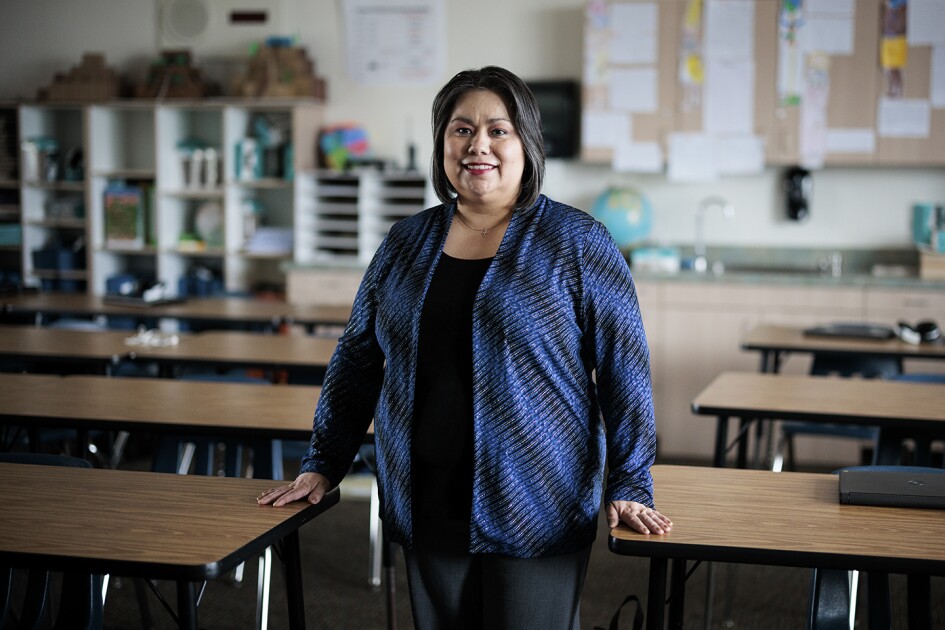To the Editor:
In response to “Spec. Ed. Is Funding Early Help” (Sept. 10, 2008), which describes efforts to reach struggling students before they need special educations services:
In 2007, I retired from elementary school teaching after 42 years at mainly low-income schools. For many of those years, I was on the student study team, a committee designed to assist teachers whose students were having difficulties.
Almost every week, primary teachers would plead for help for individual children, saying the students could catch up if only they had a little extra support. Teachers were always told by the team administrator or psychologist that the special education teacher could not help these children unless they were at least two years below their ability level. Upon hearing this, veteran teachers would just emit heavy sighs, but the novices would often argue that it’s always best to remediate at the earliest possible time. Some became so frustrated that they would leave the room in tears.
Under these circumstances, teachers did the best they could. They took children aside and tutored them a few minutes each day, and many designed individualized packets of work for students to take home. Others exchanged students so the children could be placed in appropriate instructional groups. But some teachers had so many challenging students that they just couldn’t give them much extra help at all. These children were passed on to the next grade until they were so behind that they finally “qualified” for extra services. Research tells us they seldom caught up.
So, as reported in your article, giving help early is now called “response to intervention,” and it’s being touted as a new idea. When I think of all those children who were required to fail before they could receive services, I want to shake the people who came up with that crazy idea in the first place.
Here’s a simple idea that is sure to improve education: Hire highly qualified teachers and then support their efforts to do the best they can for students.
Linda Mele Johnson
Long Beach, Calif.







